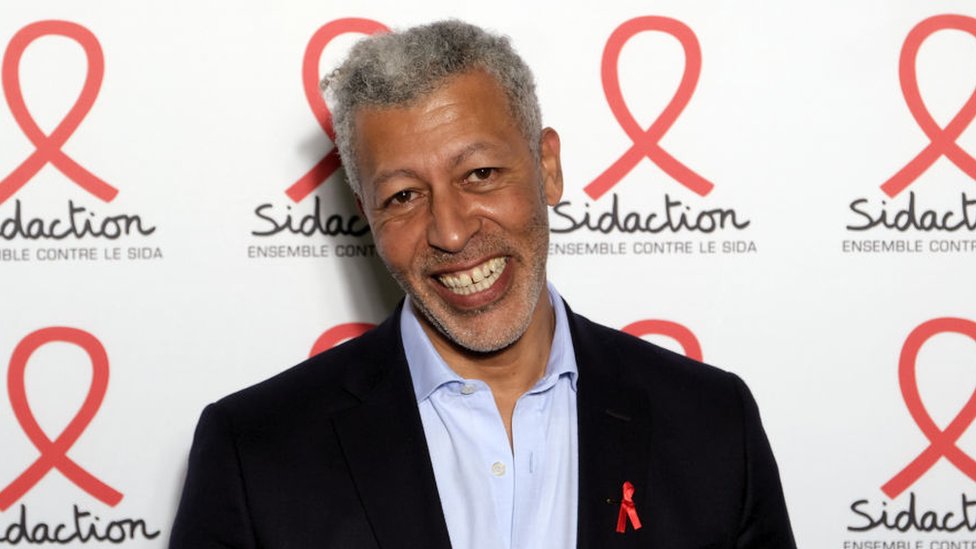
Rachid M’Barki, once a prominent figure in French media, has returned to the spotlight in Morocco after a fall from grace that shook his career and raised questions about journalistic integrity and foreign influence.
For nearly twenty years, M’Barki was a familiar face on BFMTV, gaining recognition for his work on the channel’s nighttime editions.
However, in 2023, his career unraveled when he was accused of disseminating biased content under foreign influence, particularly linked to Morocco.
The allegations led to his dismissal, an indictment, and public scrutiny over his journalistic ethics.
The controversy began with an internal investigation at BFMTV, which flagged irregularities in reporting, including a contentious piece on an economic forum in Dakhla, Western Sahara.
M’Barki was alleged to have presented material suggesting Spanish recognition of Moroccan sovereignty over the region—an unusual stance for French media, which traditionally maintains neutrality on the issue.
In December 2023, the situation escalated when M’Barki was indicted for breach of trust and passive private corruption. During police custody, he admitted to receiving payments to promote specific content. Le Parisien later reported that a “large number of compromising messages” confirmed the extent of his communications with sponsors. The scandal coincided with broader European concerns over Moroccan influence in political circles, including the so-called “Marocate” affair, linking both controversies to Western Sahara.
Exiled to Morocco in early 2024, M’Barki quickly re-established himself in media. He joined Atlantic Radio, partially owned by entities connected to the Moroccan monarchy, and more recently appeared on Medi 1 TV. On August 30, 2025, he launched a new daily morning programme covering national and international news, economics, and culture, featuring African correspondents and studio guests.
Reactions to his comeback remain divided. Supporters portray him as a skilled journalist caught in a geopolitical struggle, while critics highlight his alignment with media outlets tied to the Moroccan royal family, suggesting a strategic co-option. BFMTV has sought to distance itself, reaffirming its commitment to editorial independence and promising post-investigation reforms.
M’Barki’s trajectory underscores the fragility of media credibility in an era where journalism intersects with politics and international influence, raising broader questions about the vulnerability of news platforms to external pressures.



